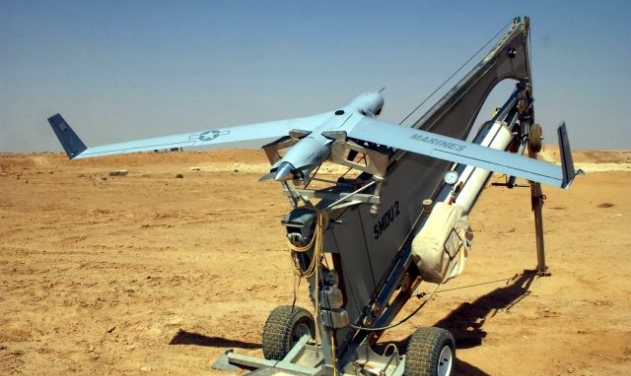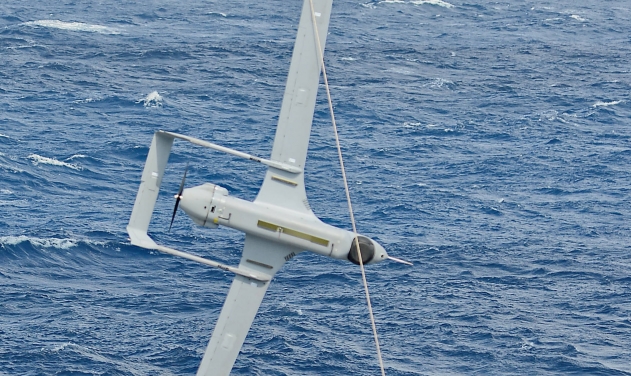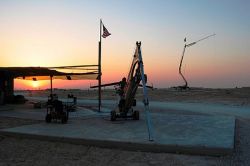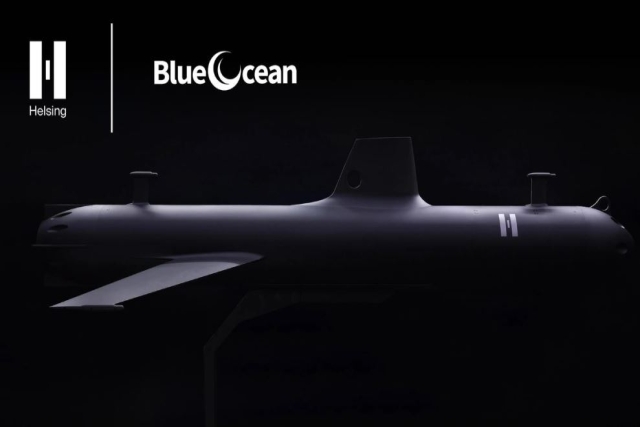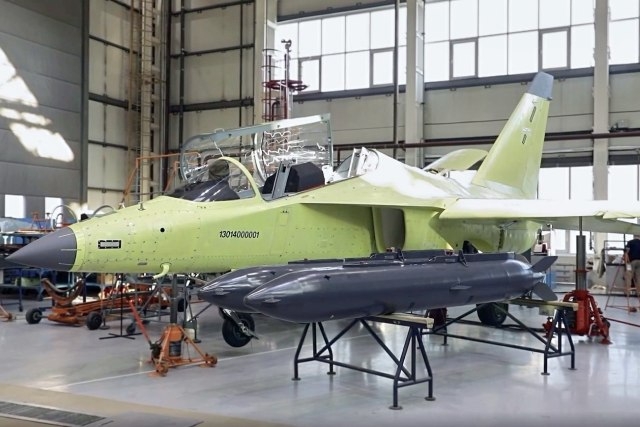Insitu To Demonstrate Maritime Surface Search Tech At Unmanned Warrior
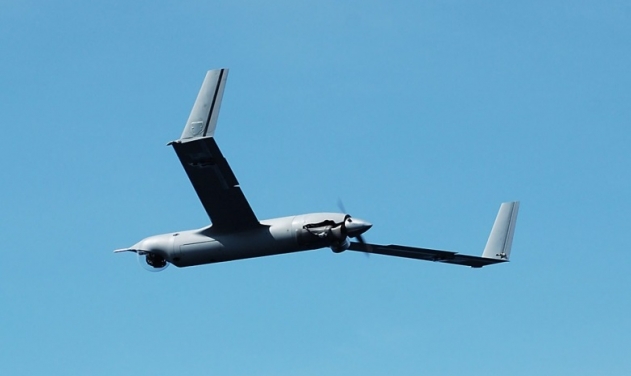
Insitu will demonstrate its new wide-area maritime surface search technology at the Royal Navy’s Unmanned Warrior demonstration this month.
The Insitu team will perform a series of flights using its ScanEagle platform equipped with the ViDAR payload. Developed in collaboration with Australia-based Sentient Vision Systems, ViDAR is the only maritime surface search with automatic target finding capability on a group two unmanned platform, the company said in a statement earlier this week.
The payload continuously scans the ocean in a 180-degree arc in front of the air vehicle, dramatically increasing the detection area. ViDAR’s software autonomously detects objects on the water’s surface, providing the ground control station with an image and location coordinate of each object detected.
The primary camera turret can then be cross-cued to the object by clicking on the image, giving operators who typically rely on larger, more expensive aircraft to detect objects in the ocean a smaller, more cost-effective solution.
In May, Sentient and Insitu confirmed the signing of an exclusive global distribution agreement for the ViDAR software for unmanned systems within the small UAS weight class. ScanEagle is the first and only unmanned platform to fly this payload.
